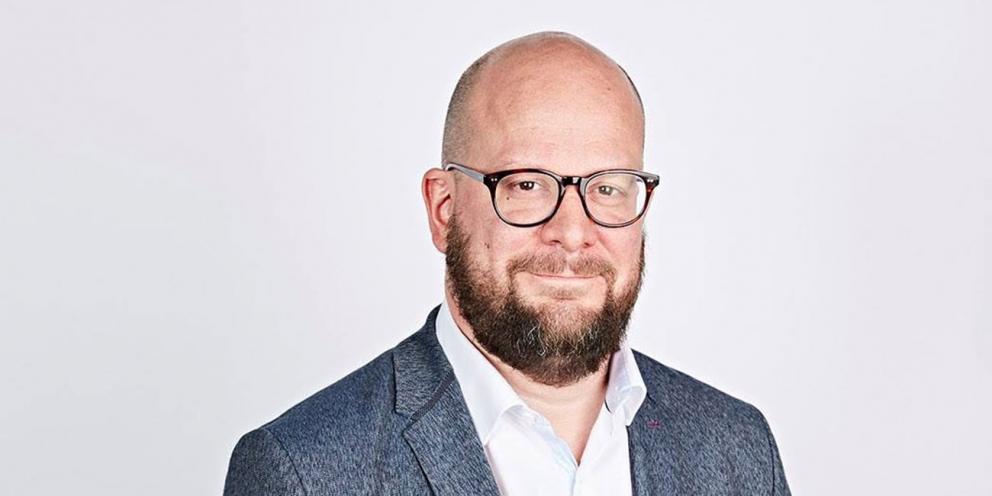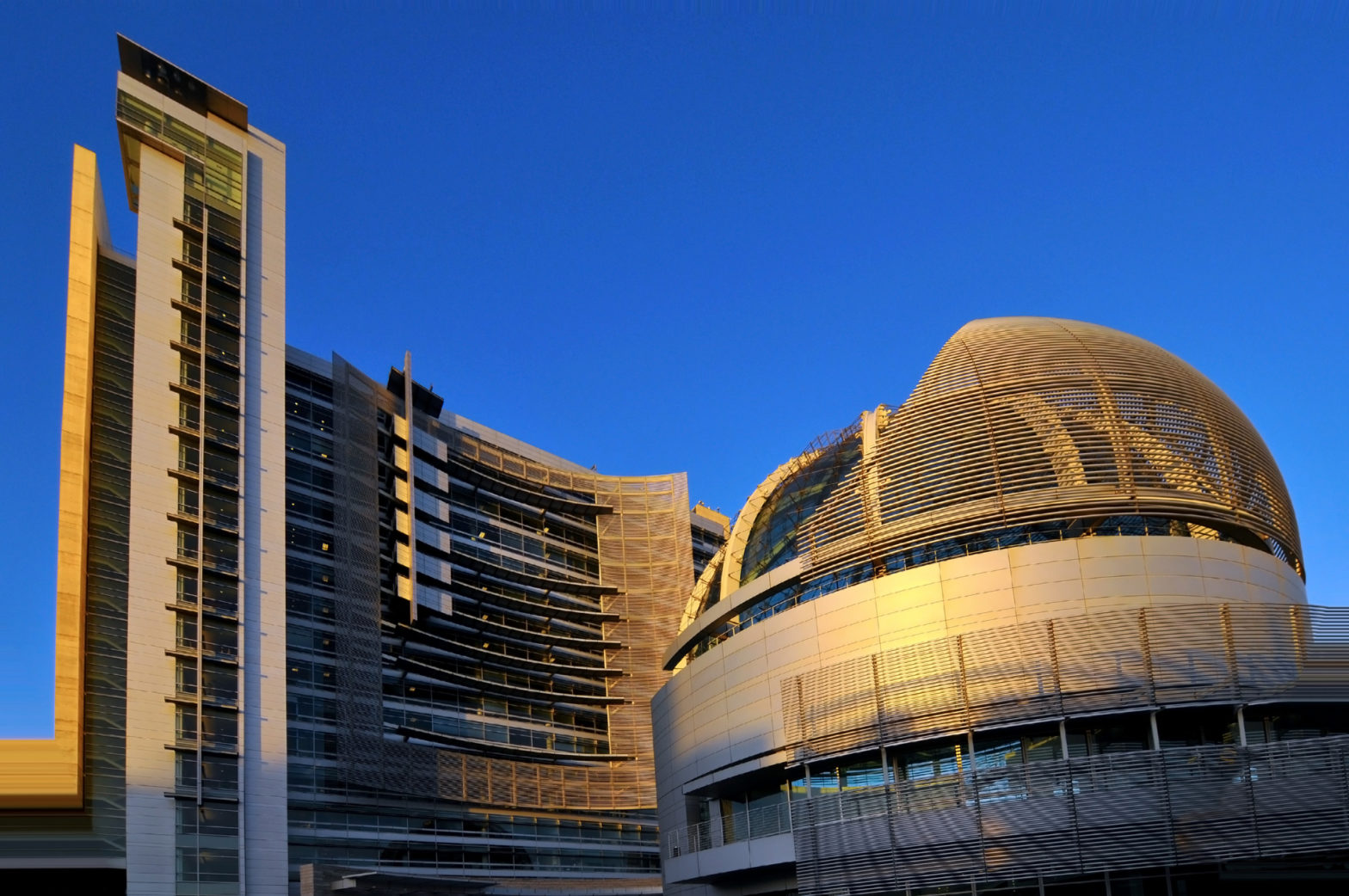
Photo: Greater London Authority
London charter to set the ground rules for emerging technology
30 July 2020
by Sarah Wray
The Smart London Board, chaired by Chief Digital Officer Theo Blackwell, will work with citizens and private sector companies to develop an Emerging Technologies Charter – a set of criteria that digital innovations based on artificial intelligence (AI), blockchain, virtual reality and more should meet if they are deployed in the capital.
Inspired by related initiatives in cities such as San Francisco, Boston and Helsinki, Mayor Sadiq Khan requested the Charter in a bid to ensure London capitalises on the benefits of emerging technology while also minimising any potential negative impacts.
“New technologies being developed by London’s world-leading tech sector have the potential to make a positive impact for all who live, work and study in the capital — and I want London to be a test-bed for innovation,” said Khan.
“But even the most dynamic cities need a framework to steer the emergence of new tools and applications which affect our open spaces, transport systems and public services.”
He added: “It’s vital Londoners and public bodies understand the full impact of any new technology launched in the capital — and that innovations are designed with the public’s needs firmly in mind. My Emerging Technology Charter aims to do just that.”
A spokesperson for the Mayor’s Office told Cities Today the Charter will be voluntary, rather than mandatory, as a way to “guide innovators when they are looking at deploying new technology in London”.
They added: “There may be some suggestions to improve procurement (for example, open APIs where appropriate) but this will only be guidance to innovators on how to engage and what we are looking for as a city.”
The announcement comes as the COVID-19 crisis has thrust smart city technologies into the spotlight, with global public debate about the use of contract-tracing apps, security cameras and other forms of surveillance, and the balance between public health and privacy. Further, several US cities have recently moved to end the use of facial recognition technology by government agencies due to concerns about racial bias and community trust.
Digital stack
A report released this week by Digital Catapult, commissioned by the Mayor, identifies a new and emerging “advanced digital technology stack” that could enable new opportunities and growth in London, including AI, ‘extended reality’ (virtual, augmented, mixed reality and haptics), 5G and future networks, the Internet of Things, robotics and autonomous machines, and distributed ledger technologies such as blockchain.
In the report foreword, Blackwell writes: “It is important to remember, as well as creating economic opportunities and applications that remove the friction from life, technologies have also presented challenges. Just as advances in search and recommendation algorithms and social media have made life richer and more convenient, they have also made it easier to spread hate and misinformation online.
“Technology itself is never good or bad, only how it is used and how that use is governed – whether that is technology aimed at public safety such as facial recognition and its impact on privacy, or as yet theoretical applications.”
Scope
The Charter will consider areas such as ways of working, including engagement with the public and other relevant bodies when trialling new technology; the collection, use and sharing of data from emerging technologies; how inclusion and accessibility can be ensured; and privacy and security.
The development process will begin with a ‘discovery exercise’, bringing together work from several initiatives which have already evaluated emerging technologies in specific instances in London, such as the Local Digital Declaration; the Smarter London Together Roadmap; Transport for London’s guidance on the trialling of connected autonomous vehicles; work on the collection of anonymous Wi-Fi data on the Tube; and the London Policing Ethics Panel report on the use of live facial recognition technology.
It will also draw on initiatives undertaken by other cities, including San Francisco’s Emerging Technology Board; Boston’s Smart Cities Playbook; Helsinki’s MyData initiatives; and the efforts of the Cities for Digital Rights Coalition.
The Charter will be developed “iteratively and in the open” and is scheduled to be launched at the end of the year, following feedback from the public and experts.








